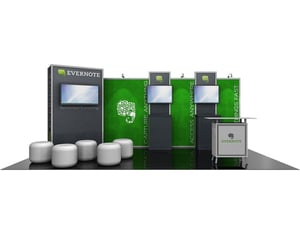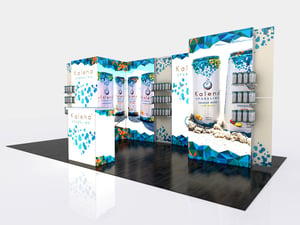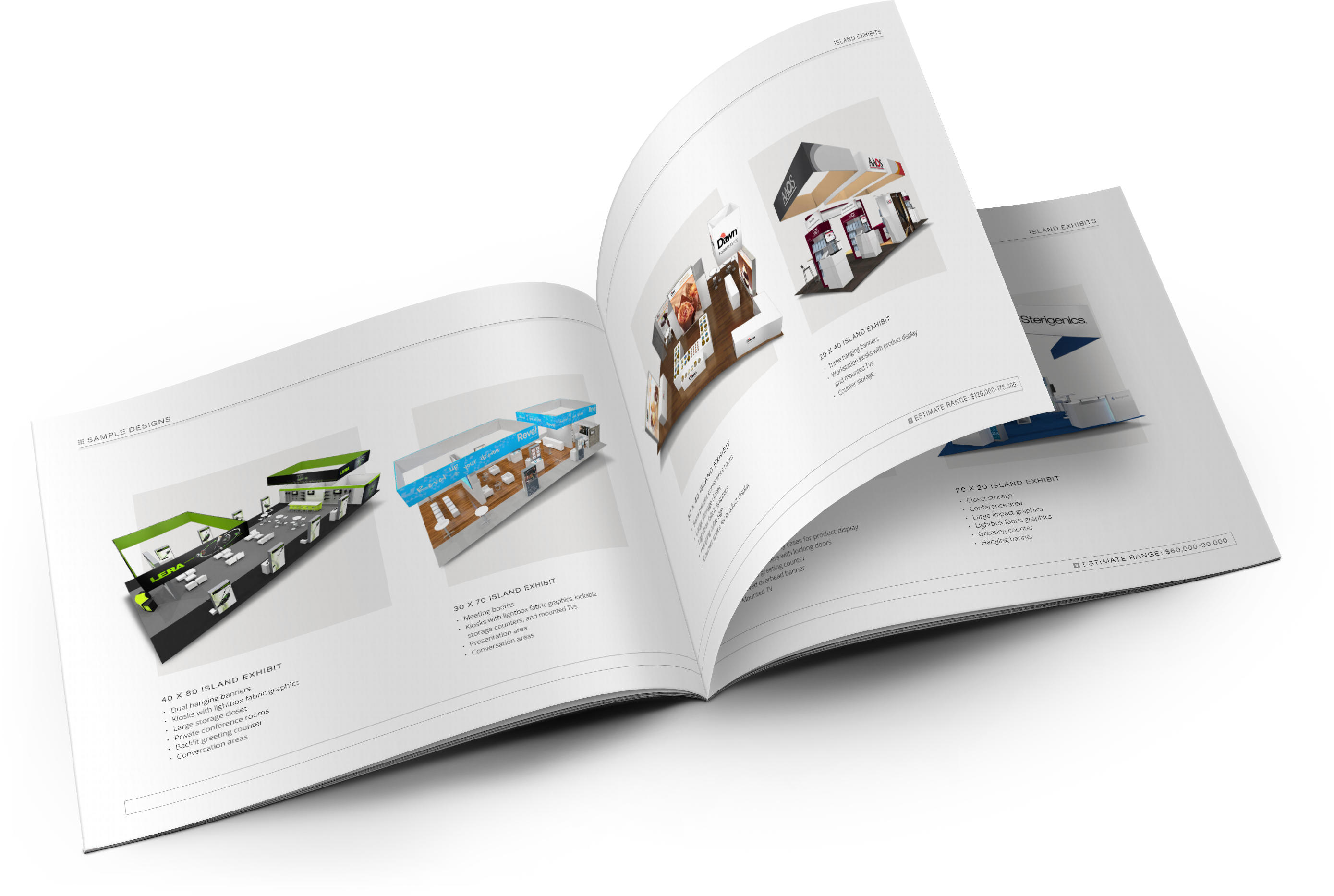Sales promotions aren’t always necessary to close business. In fact, salespeople shouldn’t get in the habit of regularly using promotions when mastering essential negotiations skills. For sales leaders, promotions either make the customer’s decision easier or motivate the salesperson to work a little harder. Both scenarios require a something extra from the seller.
So, are sales promotions necessary in 2018? Oh baby, they sure are. When constructed correctly and deployed intelligently, they should enhance, not disrupt, the sales process. Here’s some advice on how to make your sales promotions kick ass instead of a pain in the ass.
Tips for Running a Solid Sales Promotion
Start by defining your goals
In every new business endeavor, you should start by identifying your end goals and then work backward to create a plan of attack. Define the cost of a promotion, the negative impact it will have on your gross margin, and then compare it to the benefits of successfully closing the business and onboarding this new client.
Know what you’re willing to give up and what you stand to gain by offering a sales promotion to a prospect. Only then can you confidently bring something valuable to the table.
Pick the right promotion
Think of this part like Goldilocks. You want to find a promotion that’s not too aggressive, but not too light. There are several kinds of promotions.
You might be considering discounts, extended payment terms, bundles, add-ons, coupons, or extended-use terms. All of them have a place in sales. But it’s important to know when and where that place is. Here’s a quick, helpful guide to picking the right promotion for every sales scenario:
1. Leverage: Inexpensive Swag
I’ve seen respectful, professional people do irrational things for a free T-shirt. I’ve seen salespeople in suits jostle children out of the way for a Moleskine. And I’ve seen an orange ping pong ball reveal a coworker’s long-hidden competitive spirit. The problem is this type of promotion is unlikely to significantly influence a major purchase.
Save swag to attract new bodies to your conference booth, brighten a current client’s day, or make a prospect feel extra special during an in-person visit -- without expecting anything in return. Swag is a promotion you provide to sow good will, interest, and loyalty. Let it do its job without anticipating a huge payout.
2. Avoid: Discounts of More Than 50%
A discount of more than 50% makes you look desperate. Unless you’re trying to meet stringent budget requirements, leave that +50% discounts for khakis at The Gap. Alternatively, a 2% discount doesn’t give me much of a thrill either.
 3. Leverage: Time Savings and Additional Services
3. Leverage: Time Savings and Additional Services
Instead, leverage a healthy incentive focused on time savings or additional services. This sweetens the pot without devaluing your product/service. For example, you might offer a prospect an additional 15 hours of onboarding support for free if they sign by Friday. Or you could offer free setup on their new account, so they don’t have to waste time on implementation and can get right to doing.
Even a free six-month checkup can be attractive to prospects who are nervous to sign the contract. Offer free peace of mind in return for their trust and business.
4. Avoid: Showing Your Hand
Don’t offer extraordinary discounting that goes outside traditional guidelines and negatively impacts your company’s bottom line. Just because you’ll make quota doesn’t make these discounts the right choice.
You risk losing trust with your client, attracting the wrong type of client (i.e., customers buying solely based on price instead of fit), and word getting out that these types of discounts and deals can be expected -- or worse, are what your product/service is worth.
5. Leverage: The Right Customer
Use sales promotions to attract the right type of customer. Offer promotions to customers already leaning toward choosing your solution. And be honest about whether they’re a good fit for your company.
Leverage promotions for prospects who are actively moving toward a close, engaged with you in conversation and negotiation, and genuinely interested in using your product/service in their business. The result will be fewer concessions on your part, and a bigger payoff in the end.
Because no one wants to land a client by giving a 15% discount, only to have them churn after six months.
6. Leverage: The Right Time of Year
You know when your slow periods are -- maybe July in Phoenix or December in Australia. A sales promotion can be just the tool to get deals moving during these down times.
I’ve known reps who queue up their deals to start on the first day of the month for accounting and quota reasons. Once they hit 120% of plan for the current month, they manage a rolling 60-day cycle.
This ensures they always have deals in the pipeline and are ready for those slow months.
Sales promotions can be a fruitful way to close deals and build trusting relationships with prospects. Just make sure you have your goals in sight. It’s easy to get carried away in the negotiation process.
Set boundaries for yourself before you offer a promotion, and hold firm to those boundaries and the best interests of your company throughout the negotiation process. With a little practice, you’ll be offering promotions like a pro.





